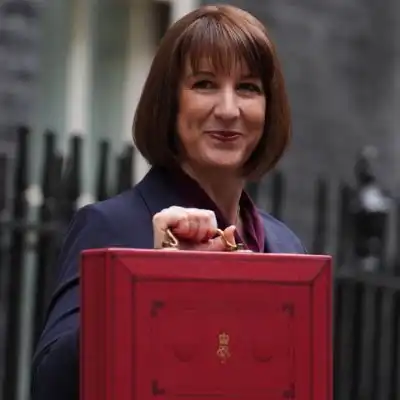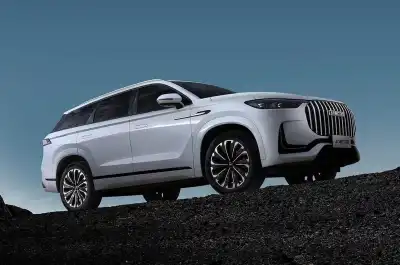
With many Brits planning to drive across the Channel this summer, new RAC research reveals that 62% don't know the emergency number to call in Europe.
Only 38% of those surveyed knew to dial 112 in an emergency within the EU. A third of respondents (32%) had no idea which number to call, while 12% said they would dial 999, the UK's emergency number. Additionally, 11% mistakenly thought 111 was the correct number, which is the UK's non-emergency NHS line.
Four percent believed the number to call was 101, the UK's non-emergency police line and 3% thought it was 911, the emergency number in the US and Canada.
| Phone number | What it’s for | Where it works |
|---|---|---|
| 112 | Emergency assistance | All of the European Union plus many other European countries, including Switzerland, Turkey and the UK |
| 999 | Emergency assistance | United Kingdom |
| 911 | Emergency assistance | All of North America |
| 101 | Police non-emergency assistance | United Kingdom |
| 111 | NHS non-emergency assistance | England, Scotland and Wales |
The research also highlighted that many drivers are violating EU rules by displaying incorrect country identifiers on their vehicles. More than 42% don't plan to display 'UK' on their cars while abroad, despite it being a legal requirement since September 2021.
Among drivers, 42% plan to use a 'UK' sticker, 16% will rely on the UK lettering on their number plates, and 23% intend to use the outdated 'GB' sticker or lettering from before Brexit. About 19% don't plan to use any identifier, which is also against the rules. The RAC urges drivers to check and ensure they have the correct identifier to avoid fines.
RAC Europe spokesperson Rod Dennis emphasised “Before drivers venture to the continent for their holidays this summer, it’s important they make sure they are displaying the UK identifier on the back of their vehicles, whether that’s on their car’s numberplate or a sticker. They should also know the right number to ring if they need to call out the emergency services while they’re away.
“The 112 number is the pan-European equivalent of 999 and can be used pretty much anywhere throughout Europe for emergencies, including the UK. Every second counts in the event of a dangerous collision, so getting through to the emergency services first time round could quite literally be the difference between life and death.
“It’s also really important to display the right letters on the back of the car, as some countries’ authorities can impose hefty penalties for driving without one. Any outdated GB lettering must be removed or covered up with a UK sticker instead. A UK sticker only costs a few pounds online which is a small price to pay to avoid a hefty fine.
“Anyone taking their car from the UK to Europe this year should research the differing traffic laws in the countries they plan to drive in to understand the correct equipment they need to carry.”




